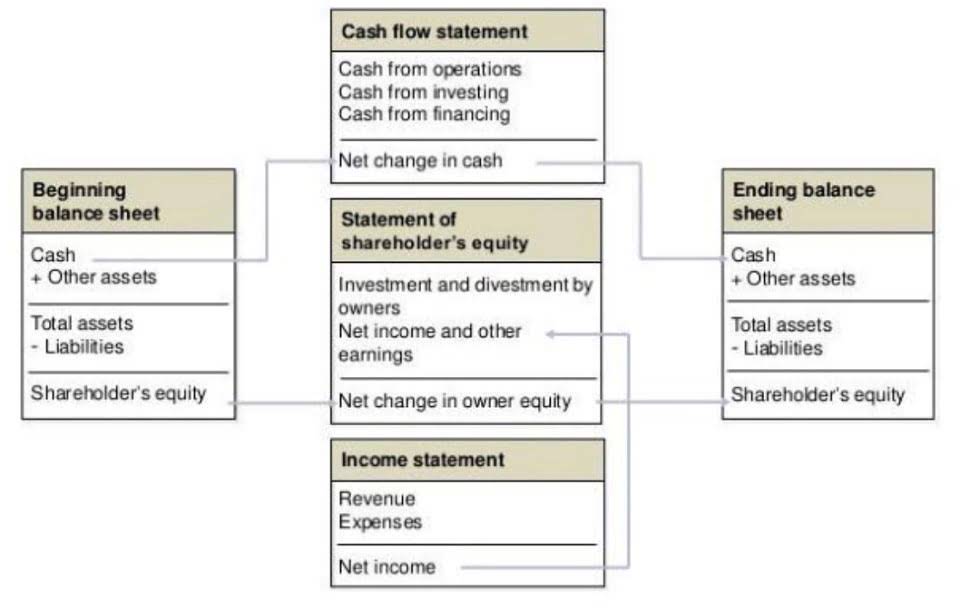
It’s also a great way to view duplicate transactions that need to be removed or credited. Bookkeeping is a part of business that must be tended to on a daily basis. By updating your books regularly, you can prevent overdrafts, underreporting and countless other easily rectifiable financial mistakes.
- A major problem with bookkeeping for truckers is the sheer amount of credits and debits from all over the country that takes place as part of keeping your company in business.
- In addition, ignoring your accounting for more than a couple of months means you’ll likely miss one or more tax due dates.
- Streamlining processes to send invoices sooner can help improve your cash flow position.
- Having all of this information helps you provide an accurate representation of your business when it comes to tax reporting.
- The ever-expanding capabilities of modern software have made many aspects of business ownership significantly easier.
- If you find it difficult to find time to update your books daily, at least aim to update them weekly.
That way, you can compare your write-off amount with each method and see which one ends up bigger. When your workplace is the open road, it’s tricky to keep your financial docs organized. Our proven three step method will take your trucking company to the next level. Our mission is to improve your bookkeeping processes and maximize your bottom line. We use our proven three part methodology to take your business to the next level. Our team members are all certified in the leading accounting systems and can quickly get your files up to date.
Be Familiar With Cost Per Mile
Without accurate bookkeeping, it would be very difficult for trucking companies to stay in business. When it comes to running a trucking job, bookkeeping is an essential part of keeping track of expenses and income. Countingup is the current business account with built-in accounting software that allows you to manage all your financial data in one place. Bookkeeping is one of the oldest processes of social society with almost every recorded form of human civilization having some type of number-based records. Bookkeeping is essentially the act of recording financial transactions in an organized manner.

From P&L statements to emergency bookkeeping services, one of these truck bookkeeping services will perfectly fit your needs. Every business has specific metrics that can be used to measure its health and performance, and for trucking, one significant metric is the average cost-per-mile. Determining the cost per mile is pretty straightforward; thus, business owners need to calculate the number of miles traveled in a month and divide it by fixed and variable costs. Owners looking for a quicker alternative can employ software in calculating their average cost per mile. Ideally, this would address unique payroll scenarios and fulfill trucking-specific requirements while also simplifying salary calculations from the back end.
How to sell jewellery designs to companies
Thankfully, with the right tips, you can simplify and stay on top of the process. The data your software collects from your bills, invoices, and receipts can all be used to help find and prove eligibility for your deductibles. This cloud-based truck management software allows you to track fuel mileage, expenses, trips, and orders. While it’s not as well-rounded as the other options on this list, its most popular feature can help improve your bottom line. It also integrates seamlessly with TruckingOffice, a trucking management system that helps you manage your dispatches and business expenses, as well as prepare your IFTA reports. That’s why we’ve put together a few truckers’ bookkeeping tips to simplify your bookkeeping process.
Meanwhile, the HVUT is an annual fee that truckers must pay if they drive a vehicle that’s at least 55,000 pounds for more than 5,000 miles on public highways. It equals $100 plus $22 for every 1,000 pounds over 55,000 truckers bookkeeping pounds up to $550 and 75,000 pounds. The accrual basis of accounting requires that you recognize revenues when you earn them and expenses when you incur them, regardless of when funds enter or leave your accounts.
Keep a notebook in your truck.
It ensures your funds go to the areas where you used your fuel instead of the ones where you purchased it. Research credit cards and find one with a low-interest rate that doesn’t have an annual fee and, ideally, a generous rewards plan. Pay the balance in full every month to ensure you aren’t racking up additional business debt. Having a credit card for operating expenses is another way to make recordkeeping easy since you can often separate charges into categories (gas, food, maintenance, etc.). Being an independent trucker comes with a full plate of responsibilities.
You can estimate how much you’ll owe with our free quarterly tax calculator. We recommend Keeper because the app lets you find tax savings and file right from your truck cab. He’s committed a decade of his career to the consumer tax industry, and has been quoted as an authority on taxes in U.S. This website is using a security service to protect itself from online attacks.
Use a separate credit card for business expenses.
Owner-operators with out-of-date financial records quickly realize how difficult it is to balance the books when transactions compile. Additionally, there could be instances where business owners forget the source of some transactions after a long time. All in all, updated financial records mitigate the risks of errors and missed deductions. Today, technological breakthroughs have also impacted the trucking industry for the better. Owner-operators can explore effective accounting software in carrying out various administrative aspects of their trucking businesses. Because separating your business finances also helps with building business credit, you could choose to apply for a credit card and establish utility accounts under your company’s name.

